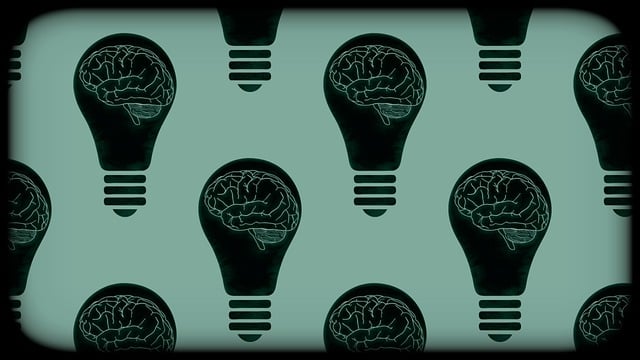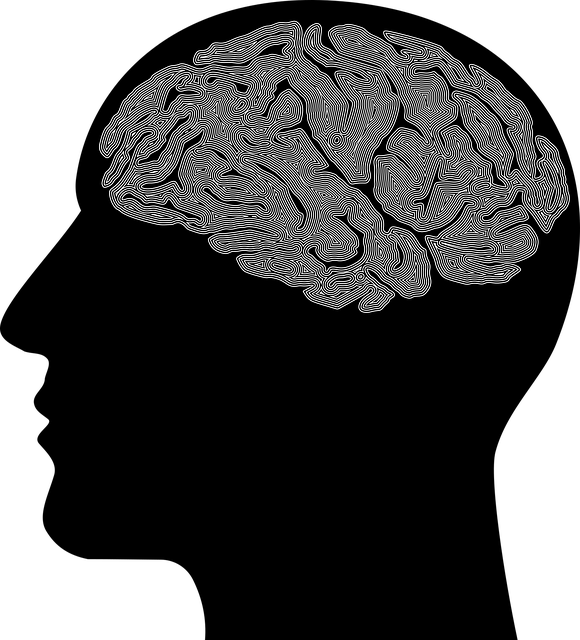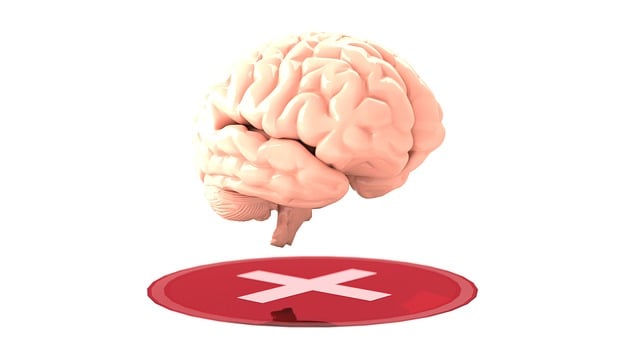Depression in elders is a growing concern, but recognizing subtle signs and providing tailored support can prevent and manage it effectively. Major life transitions like retirement or loss significantly impact mental health, yet therapy offers powerful solutions through Cognitive Behavioral Therapy (CBT) and proactive coping mechanisms. Building resilience with social skills training, mindfulness practices, and lifestyle interventions during these transitions fosters overall well-being. Community engagement at senior centers further enhances support networks, empowering elders to navigate challenges proactively while nurturing both mind and body.
Depression among the elderly is a growing concern, yet preventable through proactive strategies. This article guides you through a comprehensive approach to safeguard mental health in later years. We explore crucial topics such as recognizing depression’s subtle signs and symptoms in elders, delving into effective therapy approaches tailored for their needs. Additionally, we discuss how navigating major life transitions can trigger or mitigate depressive episodes, highlighting coping mechanisms. Lifestyle interventions promoting well-being and building supportive community connections are also emphasized, with a focus on the role of therapy for elders during these challenging times, including major life transitions.
- Recognizing Depression: Signs and Symptoms in Elders
- The Role of Therapy: Effective Approaches for Elderly Individuals
- Navigating Major Life Transitions: Potential Triggers and Coping Mechanisms
- Lifestyle Interventions: Promoting Well-being and Resilience
- Building Support Systems: Connecting with Community Resources
Recognizing Depression: Signs and Symptoms in Elders

Recognizing depression in elders is a crucial step towards effective depression prevention strategies. As individuals age, they may experience a variety of emotional and physical changes, some of which can be signs of underlying mental health issues. Elders might exhibit subtle shifts in their mood, energy levels, or interests—changes that could indicate depression. Common symptoms include persistent feelings of sadness, loss of interest in activities once enjoyed, changes in appetite or sleep patterns, fatigue, difficulty concentrating, and thoughts of worthlessness or guilt.
Given the potential impact of major life transitions on mental wellness, it’s essential to be vigilant during times like retirement, the loss of a spouse, or significant health changes. These events can contribute to feelings of isolation, anxiety, and depression. Encouraging elders to engage in activities that promote mental wellness, such as journaling to track moods and thoughts, regular exercise to boost mood and reduce stress, and seeking professional therapy when needed, can play a pivotal role in preventing and managing depression.
The Role of Therapy: Effective Approaches for Elderly Individuals

Depression among the elderly is a growing concern, but therapy offers a beacon of hope. For seniors experiencing major life transitions such as retirement or loss of a loved one, professional support can be transformative. Many therapeutic approaches have proven effective in treating depression in older adults. Cognitive Behavioral Therapy (CBT), for instance, helps individuals identify and change negative thought patterns and behaviors contributing to their low mood. This approach empowers elders with practical tools for emotional regulation, enabling them to navigate life’s challenges more resiliently.
Additionally, therapists skilled in dealing with the unique needs of seniors can offer tailored strategies for burnout prevention and conflict resolution techniques. By addressing underlying issues and providing a safe space for expression, therapy becomes a powerful ally in depression prevention. It equips elders with coping mechanisms to manage stress, fostering a sense of purpose and improving overall well-being.
Navigating Major Life Transitions: Potential Triggers and Coping Mechanisms

Major life transitions can be significant triggers for depression, especially in elders. Common events such as retirement, loss of a spouse, or moving to a new living arrangement can lead to feelings of loneliness and despair. However, proactive coping mechanisms can help navigate these challenges. Therapy for elders specifically tailored to address major life transitions plays a crucial role in building resilience. This could involve social skills training to foster connections with peers and community resources, as well as crisis intervention guidance for managing acute stress.
By engaging in therapy, elders can learn effective strategies for coping with change and loss. Resilience-building techniques, such as mindfulness practices and cognitive reframing, empower individuals to view transitions not as threats but as opportunities for growth and new beginnings. Furthermore, social support networks become vital, offering a sense of belonging and purpose during these transformative periods.
Lifestyle Interventions: Promoting Well-being and Resilience

Depression prevention strategies often include lifestyle interventions that promote well-being and resilience, especially for elders undergoing major life transitions. Engaging in regular physical activity, maintaining a balanced diet, and securing adequate sleep are key components of this approach. These habits not only support overall health but also strengthen mental fortitude, enabling individuals to better cope with stress and adversity.
Therapy for Elders can incorporate these lifestyle changes into comprehensive crisis intervention guidance, focusing on burnout prevention and resilience building. By adopting practices that nurture both body and mind, elders can enhance their ability to navigate challenging life events, reducing the risk of depression. This proactive approach empowers individuals to take control of their mental health, fostering a sense of purpose and overall well-being.
Building Support Systems: Connecting with Community Resources

Building a robust support system is an integral part of depression prevention, especially during significant life changes. For elders, connecting with community resources can provide a vital safety net. Local senior centers, for instance, offer opportunities to socialize and engage in therapeutic activities like art therapy or group discussions, fostering a sense of belonging and purpose. These spaces encourage the development of coping skills and promote mental wellness through shared experiences and peer support.
Therapy for elders facing major life transitions, such as retirement or loss of a spouse, can be enhanced by these community connections. Professional help combined with social support networks enables individuals to navigate challenging periods more effectively. Self-awareness exercises and programs focused on mental wellness can also be integrated into community settings, empowering seniors to manage their emotional well-being proactively.
Depression prevention is a multifaceted approach, especially for elderly individuals. By recognizing signs and symptoms early on, leveraging effective therapy tailored to their needs, and navigating major life transitions with robust coping mechanisms, elders can foster well-being and resilience. Lifestyle interventions, such as regular exercise and balanced diets, play a crucial role in mental health maintenance. Furthermore, building strong support systems through community engagement ensures a safety net during challenging times. Incorporating these strategies can significantly reduce the risk of depression and enhance the overall quality of life for elderly folk, highlighting the importance of proactive mental health care.














